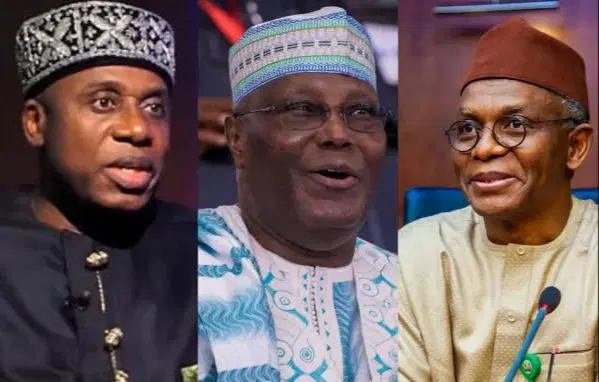
Private Sector,.mynewslive
Private Sector, Opposition React to Tinubu’s Cabinet Reshuffle
President Bola Tinubu’s cabinet reshuffle on Wednesday has generated mixed reactions from the private sector, opposition parties, and civil society organizations (CSOs). The reshuffle involved reassigning 10 ministers, dismissing five, and nominating seven new ministers for Senate approval. The changes also included the renaming and merging of ministries, such as the transformation of the Ministry of Niger Delta Development into the Ministry of Regional Development and the dissolution of the Ministry of Sports Development.
Key Changes in the Cabinet
During the reshuffle, the Ministry of Tourism was merged with the Ministry of Arts and Culture to form the Federal Ministry of Art, Culture, Tourism, and the Creative Economy. The decision followed a Federal Executive Council meeting, aiming to “reinvigorate the administration’s capacity for optimal efficiency,” according to a statement from the Presidency.
Among the ministers dismissed were those handling Women Affairs, Education, Tourism, Youth Development, and Housing. The reassignments include Dr. Olatunji Alausa becoming the new Minister of Education and Abubakar Momoh taking over as the Minister of Regional Development.
Opposition Criticism
Opposition parties, such as the Peoples Democratic Party (PDP) and the Social Democratic Party (SDP), labeled the reshuffle a “cosmetic change” designed to distract from deeper governance issues. “What Nigerians need is not just a reshuffling of ministers but concrete actions on security, job creation, and economic stability,” said PDP Deputy National Youth Leader Timothy Osadolor.
Similarly, the Labour Party’s spokesperson, Obiora Ifoh, criticized the scrapping of certain ministries, arguing that it does not address Nigeria’s economic woes. “Nigerians are looking for solutions to hunger and unemployment, not changes in ministry names,” he said.
Private Sector’s Perspective
The Organised Private Sector (OPS) offered a more supportive view, highlighting the potential for improved efficiency. “This reshuffle could enhance productivity and reduce governance costs, which is a step towards a thriving economy,” said Dr. Femi Egbesola, President of the Association of Small Business Owners of Nigeria. However, he cautioned that the changes should go beyond ministries to include “removing non-performing ministers and heads of agencies.”
New Appointments and Future Outlook
President Tinubu’s new nominations include Dr. Nentawe Yilwatda as Minister of Humanitarian Affairs and Poverty Reduction, and Bianca Odumegu-Ojukwu as Minister of State for Foreign Affairs. The President emphasized that the reshuffle aligns with his administration’s commitment to “setting Nigeria on the path to irreversible growth.”
As the reshuffle progresses, Tinubu has directed outgoing ministers to complete handovers by October 30, 2024. The newly appointed and reassigned ministers are expected to focus on key priorities, including addressing regional development challenges and improving governance efficiency.
Mixed Reactions from Citizens
On social media, many Nigerians expressed disappointment, calling for further changes. Users questioned why some ministers, like those in charge of Power and Defence, remained in their positions. “Key figures like the Minister of Power and Defence should have been replaced for real progress,” a user wrote on X (formerly Twitter).
The reactions underscore the tension between the government’s efforts to streamline its operations and the public’s desire for more substantial reforms. As the new cabinet members settle into their roles, the focus will remain on whether the reshuffle can translate into tangible improvements for Nigeria’s economic and social challenges.
Stay updated on Nigeria’s political landscape and the impact of the recent cabinet reshuffle.
For More Updates, join our WhatsApp Group and Telegram Channel






